How Can Hybrid IT Benefit Your Organization?

Agility is a major concern for modern businesses, especially those in the technology sector. Being slow to act can result in missed opportunities, performance drops and lower earnings reports. Hybrid IT helps technology-based organizations stay agile by combining private IT infrastructure with cloud-based services.
The combination of private and cloud resources means that organizations can scale and introduce new tools without immediately needing to expand their infrastructure. Additionally, because cloud-based services are readily available, there is less ramp-up time for deploying new applications. All of this means a faster time to market.
This is just scratching the surface of how Hybrid IT can benefit your business. Let’s take a detailed look at five advantages it brings.
Give Your Business an Edge With Hybrid IT
- Flexible scalability. Business workloads aren’t perfectly predictable and will fluctuate depending on the needs of your departments. Hybrid IT enables teams to adapt quickly to spikes in activity through cloud bursting. This network configuration allows the private cloud to overflow into the public cloud and access additional computing resources without disrupting service.
Hybrid IT plays an important role in infrastructure planning. It gives businesses more time before they have to expand their private cloud. Teams can observe spikes in server usage over time and determine if usage spikes are an anomaly or an indication of a true need.
- Disaster preparedness. Disaster recovery is crucial to ensuring the unexpected doesn’t knock out your business. However, backing up all of your company’s data can take a lot of server space. Hybrid IT can help you leverage the public cloud to give you the necessary space while controlling your organization’s server costs.
One way that businesses can ensure that they have ready access to essential data in a hybrid model is by splitting data into categories. For example, data needed for day-to-day operations can be kept on private servers, while data that merely needs to be stored can be uploaded to the cloud. Sensitive data may be a third category you need to consider depending on your industry. More on that later.
- Robust data privacy. Every business should be concerned about data privacy since failure to protect customer data will impact trust. But, industries that deal with sensitive data like healthcare are even more privacy-conscious. They must worry about meeting government regulations, including HIPAA and HITECH.
The Hybrid cloud model allows organizations to isolate applications and data that contain sensitive information from the public cloud. This gives the organization complete control over data that must be protected. At the same time, these organizations can leverage the cloud to test applications, scale quickly, and access cloud-based applications.
- Better big data analytics. Many big data tools are not available on private infrastructure. These tools allow businesses to tailor their messaging and offers to the unique behavior of each customer. In e-commerce, some data shows that
80% of customers are more likely to buy from a company that personalizes their experience
.Additionally, Hybrid IT gives teams a single dashboard where they can visualize the performance of all of their IT infrastructure both on the private and public cloud. Quickly viewing performance metrics across the organization is crucial to making informed IT infrastructure decisions.
- Scale your computing infrastructure manageably. It’s impractical and costly for businesses to make large computing investments every time they start to hit the limits of their computing infrastructure. It’s more efficient to make infrastructure upgrades gradually, based on consistent needs instead of usage anomalies. How does this work?
As we discussed, Hybrid IT allows teams to push work to the cloud when workloads peak. This gives teams time to adopt a wait-and-see approach, testing whether these new peaks will hold or if they are anomalies — avoiding costly upgrades made on short-term data.
Hybrid IT Is Empowering Businesses to Scale Effectively
Scalability and flexibility are two essential qualities for business growth, especially when it comes to computing infrastructure. Hybrid IT can help augment your business’s computing capacity while helping to control costs and gain more visibility into your infrastructure’s performance.
Our team is well versed in Hybrid IT, multi-cloud, and cloud bursting technologies. We can help your team identify its computing needs and design solutions that keep you flexible. If you’d like to talk about how Hybrid IT could benefit your business, contact us.





